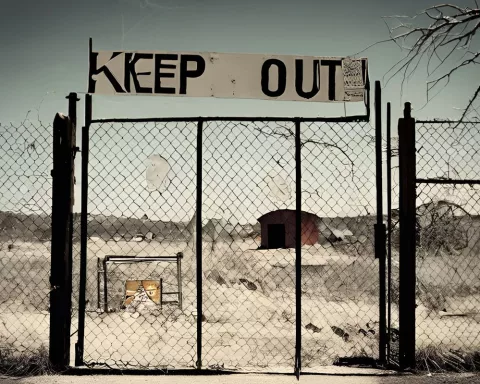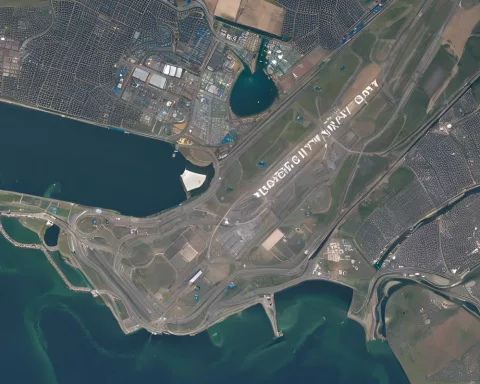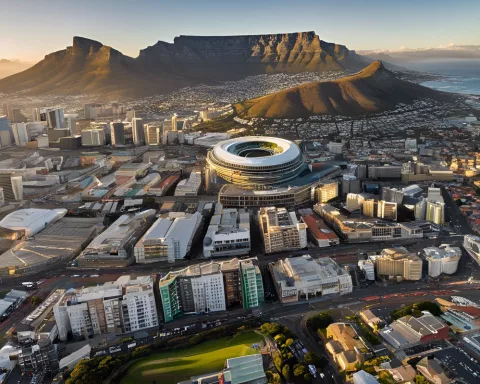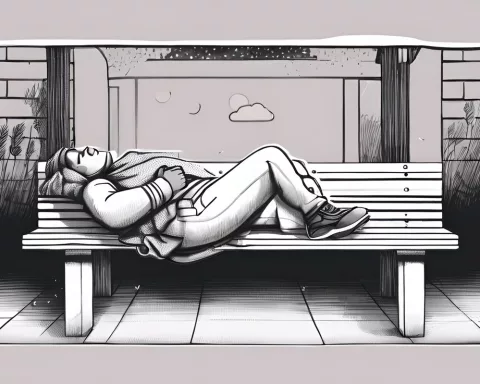Philippi, one of Cape Town’s poorest suburbs, is plagued by daily gunshots, murders, robberies, and carjackings. The local authorities struggle to keep up with the situation, and even dustbin collectors have withdrawn services due to safety concerns. The problem has escalated to the point where a cleaning company contracted to the City of Cape Town is in trouble due to a syndicate extorting protection money from government contractors.
The Dire Situation in Philippi
Philippi has over 190,000 people, with a 38% unemployment rate in 2011. Fewer than half of the households lived in formal housing, and 78% earned R3,200 or less monthly. Crime is a significant issue, with the Western Cape government’s most recent crime report stating that 183 murders were recorded at Philippi East police station.
Crime Affects Local Businesses
Many businesses in and around Samora Machel are paying extortion fees or being intimidated. The situation drives people away from the area, as they no longer feel safe. Brown’s Farm library has closed after the staff was robbed of their cellphones, and it’s not the first time criminals have targeted it.
Fear and Insecurity in Philippi
Residents fear speaking out about the crime, and leaving home is a risk. Motorists, especially visitors, are targeted, and gunshots occur every day. Alcohol is a significant contributor to crime on weekends.
Root Causes of the High Crime Rate
Unemployment, school dropouts, drugs, and gangsterism are prevalent in Philippi. There are also few recreational facilities for children, and informal settlements add to the problem. Neighborhood watches have been formed but are ill-equipped to deal with gun-wielding criminals.
Call to Action
The local authorities need to address the root causes of the high crime rate by improving living conditions, creating job opportunities, and providing recreational facilities for children. In addition, they need to increase police presence and invest in proper street lighting to deter criminals from committing crimes. Only then can Philippi become a safer place to live and do business.












